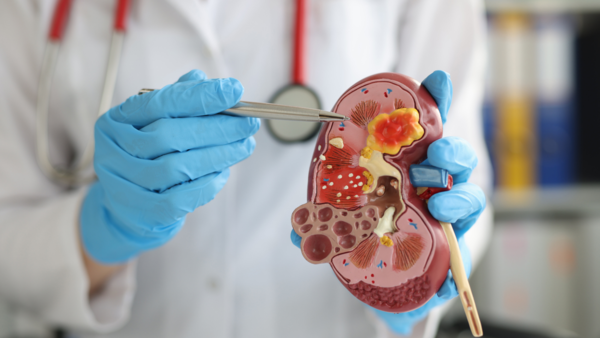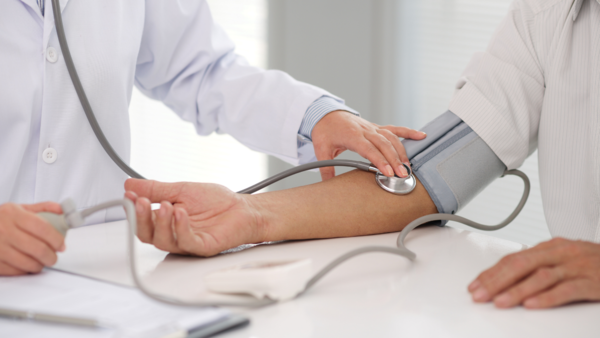Blood
Effect of high blood pressure on kidney health: How to prevent hypertension and recognize symptoms
What is hypertension?
Hypertension, also known as high blood pressure, is a common condition that affects millions of people worldwide. It can be challenging since you may not even realise you have it, which is why it is commonly known as the “silent killer. High blood pressure can harm our bodies, including our kidneys. Kidneys are natural filters that perform a variety of essential functions to keep us healthy. However, if our blood pressure is too high, it can damage our kidneys.
Prevention of hypertension
Healthy Diet: Adopt a diet that is low in sodium (salt) and high in fruits, vegetables, whole grains, and lean protein. Reducing salt intake can help lower blood pressure.
Regular Exercise: Engage in regular physical activity to maintain a healthy weight and improve cardiovascular health. Aim for at least 150 minutes of moderate-intensity exercise per week.
Limit Alcohol: If you consume alcohol, do so in moderation. Excessive alcohol intake can raise blood pressure.
Quit smoking. Smoking damages blood vessels and can contribute to high blood pressure. Quitting smoking can significantly benefit your overall health.
Manage Stress: Practice stress-reduction techniques like meditation, deep breathing, or yoga to help lower stress levels, which can affect blood pressure.
Monitor Blood Pressure: Regularly check your blood pressure at home or through your healthcare provider. Early detection of hypertension is essential for effective management.
Medication: If prescribed by your healthcare provider, take blood pressure medications as directed and follow up with regular appointments to monitor your blood pressure.
How hypertension impacts your kidney health
Managing hypertension is important for kidney health because high blood pressure can damage the small blood vessels in the kidneys, leading to kidney disease or worsening pre-existing kidney conditions. Proper blood pressure management, in conjunction with a healthy lifestyle and regular medical check-ups, can help prevent kidney problems and promote overall well-being.

Symptoms of hypertension
Headaches: Frequent, severe headaches can be a symptom, but they are not specific to hypertension and can be caused by various factors.
Nosebleeds: Occasional nosebleeds can be associated with high blood pressure, although they are not a definitive symptom.

Dizziness or lightheadedness: Feeling dizzy or lightheaded, especially when standing up, can sometimes be related to high blood pressure.
Blurred or double vision: Vision problems can occur in severe cases of hypertension, and they may indicate damage to the blood vessels in the eyes.
Yoga poses for stress relief

